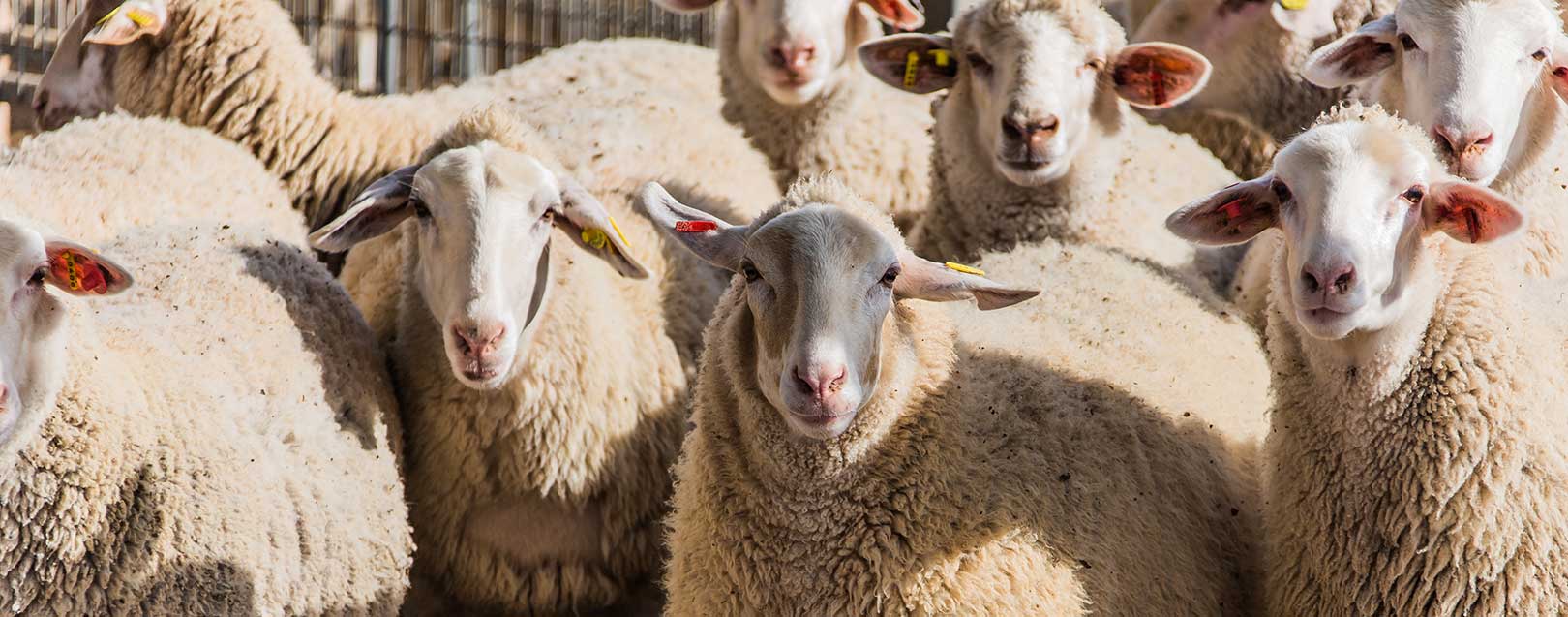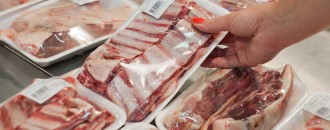
Cost pressure chews up meat processing units in Telangana
Sreenivasa Rao Dasari
Reeling under turbulent pressure, goat and sheep meat abattoirs-cum-processing units in Telangana look to government support as low margins are evaporating their export potential. The sheep meat exporters are urging the state government to extend subsidy on feed to lower sheep prices in addition to offering turnover-based incentives. Meat exports from Telangana are declining by the day owing to higher production costs when compared to other states such as Karnataka.
Several abattoirs and meat processing units in Telangana are suffering from under capacity utilization owing to the supply shortage. Similarly, the goat and sheep meat export performance has also turned sluggish as poor price disparity make the local processing units uncompetitive in the global market, observes Mohammad Hasan, Managing Partner at Fresh N Frozen Food Tech Private Limited.
Speaking to The Dollar Business, Hasan said: “We want Telangana government to support sheep and goat meat processors and exporters. The mutton price in the local market is Rs 450-500 per kilogram and international market price in rupee terms is also hovering in the similar range. This makes exports unviable for us.”
Telangana state is planning to take up sheep and goat rearing in a major way and measures such as contractual farming as backward integration to the modern abattoirs for meat production are under active consideration.
Owners of meat processing units say that there’s good demand for Telangana goat and sheep meat in the international markets particularly in the Gulf region. Despite huge export potential, local meat processing units are unable to market in the global markets owing to the thin margins. This situation has forced the local processing units to concentrate on the domestic market only. Processing units like Fresh N Frozen Food Tech are upgrading and modernizing their facilities. Less than 5% of the meat is processed in the country and the remaining meat is sold in fresh or frozen forms.
Hasan further explains, “We’re concentrating on making our processing facilities more hygienic and clean. We have two abattoirs cum processing facilities in Hyderabad. The combined capacity of plants 2,000 sheep per day, but unable to utilize even 5% of the capacity due to non-availability of enough sheep and goat. We’re utilizing the plant capacity just to cater to the requirements of the domestic market only.”
The latest announcement on transforming the state into a major sheep and goat meat exporter by the Telangana Chief Minister K Chandrasekhar Rao (KCR) has brought cheer to the meat processers. KCR said that development of fisheries and sheep rearing would play a major role in revamping the rural economy in the State. KCR has Constituted a Cabinet sub-committee to chart plans to explore export opportunities. Animal Husbandry Minister Talasani Srinivas Yadav is heading the sub-committee on sheep and goat rearing.
Over 29 lakh families in the State are engaged in livestock sector for their livelihood. The value of livestock produce is estimated to be Rs 12,403 crore and the segment contributes 4.86% to GSDP, according to the 2010-11 data. The State government has undertaken a study on number of people engaged in goat and sheep rearing and export-related activity.
India’s goat and sheep meat exports (HS code: 0204) were $78 mn during April-October of 2016-17 fiscal as against the $127.69 mn in 2015-16 financial year. The exports were $134.50 mn in 2014-15 as the volume declined to 21,636MT in FY-16 from 22,828MT. UAE, Saudi Arabia, Qatar, Kuwait, Oman and Bahrain account for over 90% of sheep and goat meat exports.
Considering the important role of goat and sheep farming that can contribute to rural development, the Telangana government is in the process of transforming this segment. Though a concrete plan is still in the making, the government is working on some initiatives to promote quality labels and innovative products for cheese, meat and fibres in an eco-friendly environment across the State.
Apeda, the industry body, says that the share of Indian meat exports in the world market is less than 2%. Overcrowding of food animals during transport resulting in inferior meat quality. The other problems include lack of sufficient cold chain infrastructure and non-availability of good quality livestock in the open market.
Rajasthan, Jammu & Kashmir, Uttar Pradesh, Gujarat, hilly regions of North India and eastern Himalayas contribute the most to the meat production in the country.





